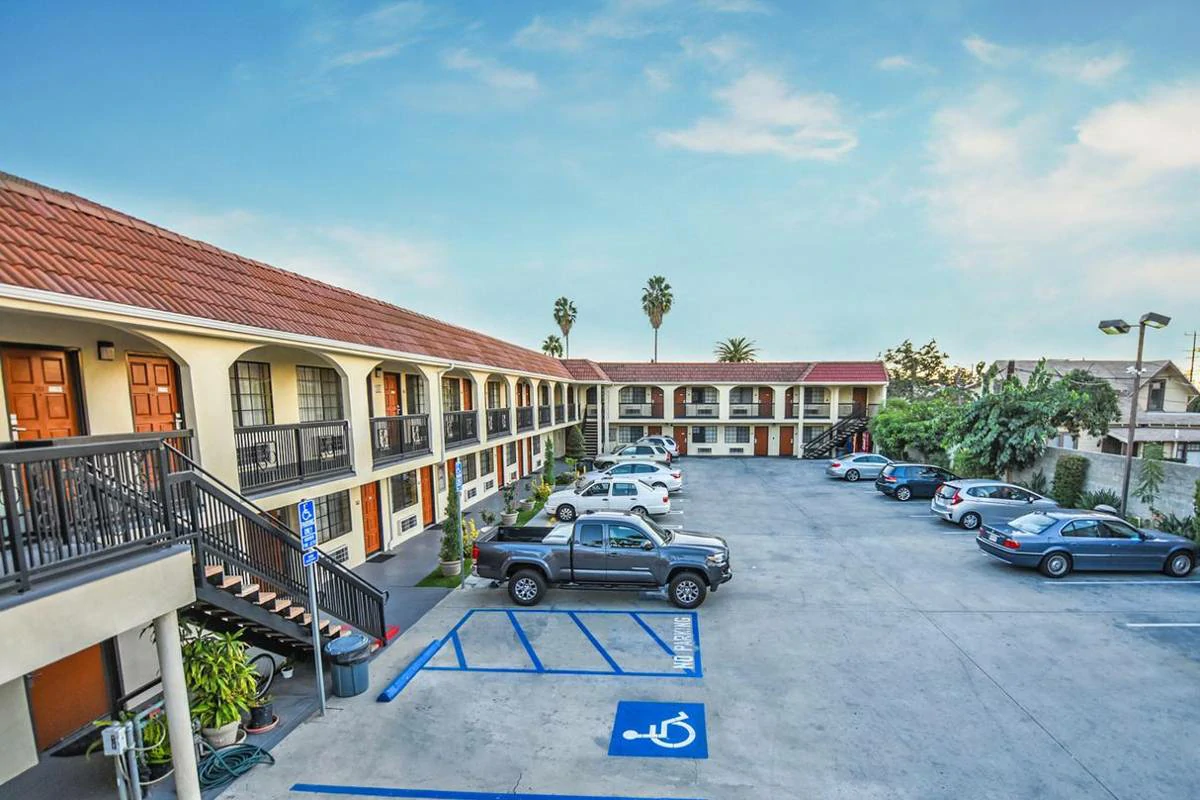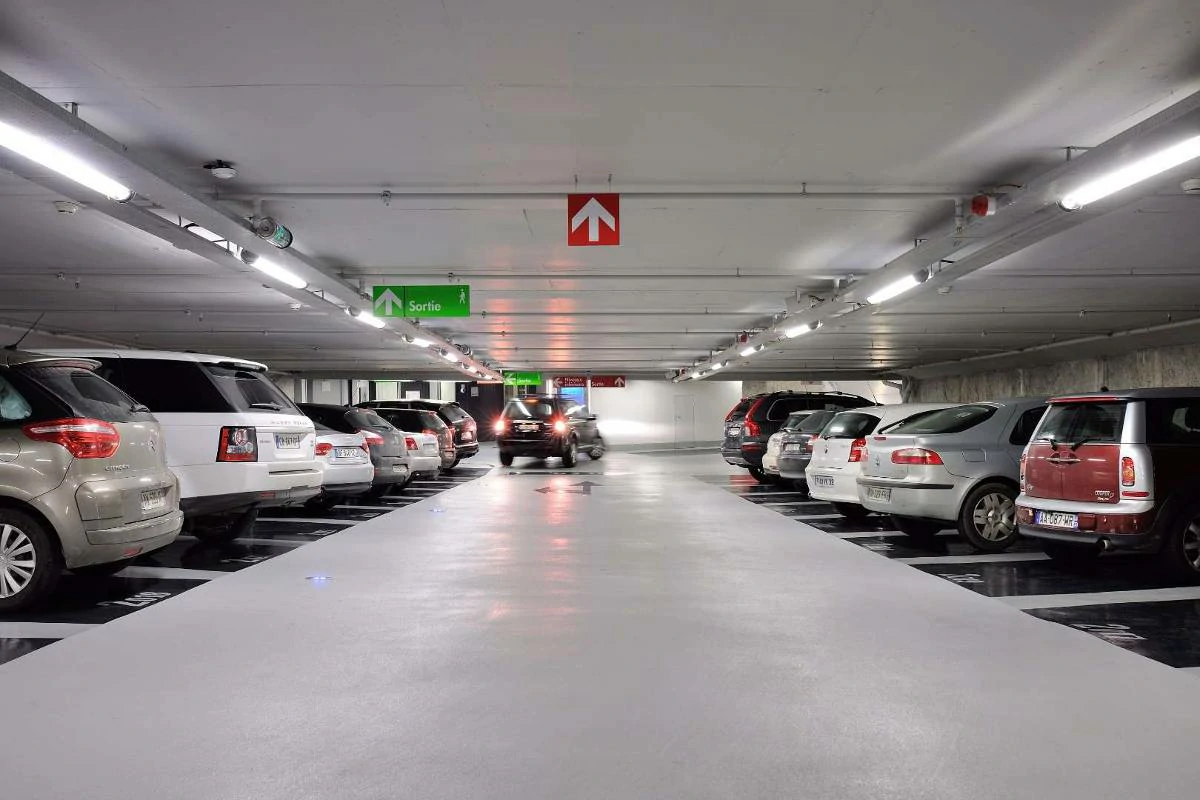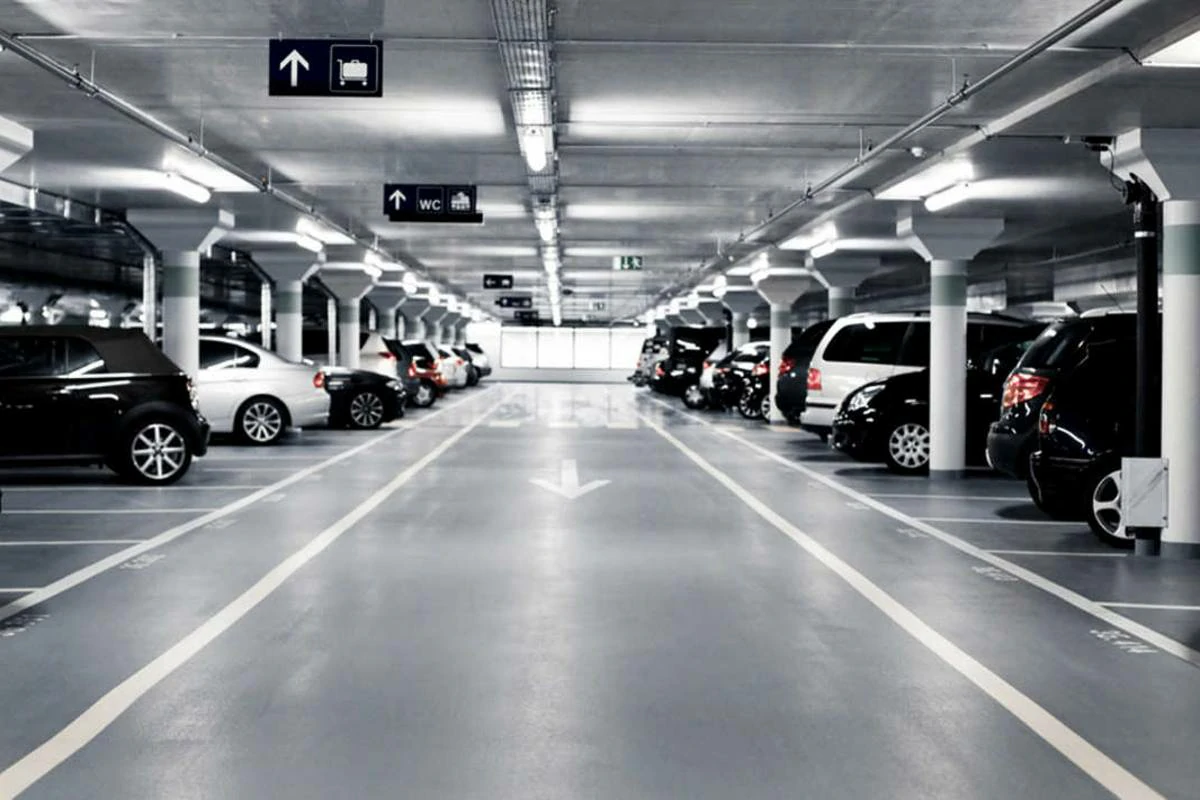Can You Park At A Hotel Without Staying There? Answer is – In most cases, hotels prefer parking to be reserved for their registered guests. However, there are some exceptions and situations where non-guest parking might be possible. These could include dining at the hotel restaurant, attending a hotel event, or quickly picking up/dropping off someone. It’s always best to contact the hotel directly to inquire about their specific parking policies for non-guests.
Summary
- Hotels generally prioritize parking for paying guests.
- Some hotels might make exceptions for short-term parking if you patronize their restaurants, attend events, or are picking up/dropping off guests.
- Fees for non-guest parking can vary widely depending on the hotel and their location.
- Always inquire with the hotel directly to understand their non-guest parking policy and any associated costs.
Can You Park at a Hotel Without Staying There?

You’re headed to a meeting downtown, or maybe a fancy dinner at a popular restaurant – and the venue happens to be near a hotel. The lure of convenient hotel parking beckons, but you’re not a guest. Can you still use their lot?
The short answer is: maybe. Understanding hotel parking rules is essential to avoid unexpected fees or the hassle of getting your car towed.
The general rule of thumb for hotel parking
Most hotels prioritize parking spaces for their paying guests. This ensures guests, especially those who drove to the location, have a guaranteed place to leave their vehicles.
It’s part of the overall service experience the hotel is aiming to provide.
Why hotels have parking policies
There are several reasons behind those parking rules:
Limited Space: Hotels, particularly those in urban areas, often have limited parking capacity. Prioritizing guests ensures that those who have paid for a room aren’t left scrambling for parking at the end of a long day.
Security: Having designated guest parking allows hotels to keep better track of who is on the property. This is a safety measure for both guests and their belongings.
Revenue Generation: Some hotels view parking as an additional revenue stream. Charging for parking, even for guests, can add to the hotel’s bottom line.
Controlling Traffic Flow: Hotels, especially those hosting events or with on-site restaurants, may need to manage the flow of cars in and out of their lots. Strict parking policies can aid in avoiding congestion.
Upholding Their Image: Hotels, especially those aiming for a luxury experience, want to maintain a sense of order and exclusivity. Designated guest parking contributes to that image.
Can You Park At A Hotel Without Staying There?

The general answer is it depends. Hotels typically reserve their parking for paying guests, but certain circumstances may allow non-guest parking on a case-by-case basis.
1. Situations Where You Might Be Able To
Restaurant Patrons: Hotels with popular restaurants may offer parking to diners. Some might even validate your parking ticket, providing free or discounted parking as an incentive to eat at their establishment. Be sure to ask the restaurant about their parking policy when making a reservation.
Event Attendees: If you’re attending a conference, wedding, or other event at a hotel, there’s often a designated parking area for non-guests. The organizers will likely inform you about parking arrangements, but it may come with a fee.
Picking Up/Dropping Off Guests: Some hotels may show leniency towards quick pickups or drop-offs at their entrance. However, don’t abuse this courtesy. It’s always best to check with the front desk about their policy, especially if you anticipate needing more than a few minutes.
Valet Parking Services: If the hotel has valet parking, they could extend this service to non-guests, especially if you’re utilizing other hotel amenities like their restaurant or events. Keep in mind that valet service usually has a premium price compared to self-parking.
2. The Importance of Checking with the Hotel
The most crucial step is always contacting the hotel directly to confirm their non-guest parking policies. Don’t rely on assumptions, as even hotels within the same chain can have varying rules depending on their location and capacity.
Here’s why checking in is essential:
Specific Policies: You’ll get clear information on whether they allow non-guest parking at all, any time restrictions, and potential fees involved.
Availability: The hotel can let you know if they currently have parking spaces available, which is especially important during peak seasons or big events.
Avoiding Issues: Proactive communication prevents misunderstandings that could lead to your car getting ticketed or even towed.
3. Potential Fees for Non-Guest Parking
If a hotel does allow non-guest parking, be prepared for possible fees. These can vary significantly depending on several factors:
Location: Hotels in busy downtown areas tend to charge higher fees for parking, as space is a premium commodity.
Hotel Type: Luxury hotels generally charge more for parking, even for their guests, compared to budget-friendly options.
Duration: Most hotels will have an hourly parking rate, and it may increase the longer you stay. Some may offer a flat daily rate.
Events: Parking fees might surge if the hotel is hosting a significant event that draws a large crowd.
2. Strategies for Parking at a Hotel as a Non-Guest
Remember, when it comes to hotel parking, open communication and exploring alternatives are your keys to success. Here’s how to approach the situation:
1. Be Polite and Explain Your Situation
Whether you phone the hotel ahead of time or speak with someone at the front desk, a friendly demeanor goes a long way.
Here’s how to frame your request:
Clearly State Your Reason: Whether you’re there for a brief meeting, a meal, or to pick someone up, be upfront about your purpose.
Keep it Concise: The staff is likely busy. Provide a brief explanation of your situation and why you’re hoping to park there.
Ask Politely: Simple phrases like, “Would it be possible to park here for a short while?” or “Do you have any parking recommendations for visitors?” can increase your chances of a positive response.
Sometimes, simple courtesy and explaining your situation can work wonders. Even if the hotel can’t accommodate you in their lot, they might be able to direct you to suitable nearby options.
2. Consider Alternative Parking Options
Be prepared with a backup plan in case the hotel parking isn’t available or is cost-prohibitive. Here are some alternatives to explore:
Nearby Public Parking Garages: Many cities, especially in downtown areas, have public parking garages or lots. These often have hourly or daily rates. A quick online search using terms like “public parking near [hotel name]” should help you locate them.
Street Parking (if permitted): Always make sure to read street signs very carefully for any parking restrictions or time limits. Some areas may require paid meters or resident permits.
Ride-sharing services: If you’re only going to be at the hotel for a brief period, services like Uber or Lyft could be a hassle-free and potentially more cost-effective option than trying to find parking.
What Does “Parking Available” Usually Imply?

Generally, when a hotel advertises “Parking Available,” it indicates that they have some form of on-site parking for guests. However, this doesn’t automatically guarantee the following:
Parking is Free: Many hotels, especially in urban areas, charge a fee for parking. This could be a nightly rate added to your room cost or an hourly rate if you’re a non-guest.
Space is Guaranteed: Even if a hotel has a lot or garage, it may have limited capacity. During peak seasons, holidays, or if the hotel is hosting large events, the parking might fill up.
Any Type of Vehicle Can Be Accommodated: Some hotel parking structures have height restrictions that might not be suitable for RVs or oversized vehicles.
Additional Considerations
1. Hotel Location (urban vs. suburban)
Where the hotel is situated plays a massive role in parking availability and costs:
Urban Hotels
Hotels located in downtown cores or densely populated areas face the challenge of limited space. Their parking options are often the following:
- Smaller parking lots or garages with higher potential to fill up quickly.
- Valet parking services, typically at a premium rate.
- Reliance on nearby public parking structures, which might still have associated fees.
Suburban Hotels
Hotels in less densely populated areas or along highways usually have a distinct advantage: more expansive space for parking. This can translate into:
- Larger surface parking lots that are more likely to have availability.
- A higher chance of free parking included in your hotel stay.
- Less competition from non-guests looking for parking in the vicinity.
Tips based on Location
- Urban Settings: Prioritize calling the hotel well in advance and be prepared for alternative parking options like paid garages or potentially using ride-sharing.
- Suburban Settings: While parking typically is easier to find, still inquire with the hotel to confirm any potential fees or unexpected restrictions.
2. Time of Day or Event Schedules
When you plan to arrive at the hotel can significantly impact the parking scenario:
Peak Times: Be aware of weekdays during business hours, evenings, and weekends, especially in city centers – these are when hotels generally see higher occupancy and increased demand for parking.
Off-Peak Times: If possible, arriving at the hotel during less busy hours such as mid-morning or late at night might improve your chances of snagging a parking spot.
Special Events: Here’s where careful research is essential. Check the hotel’s website or call to see if they’re hosting these during your intended visit:
- Conferences: These can draw large crowds, making parking even more competitive.
- Weddings or Receptions: Guests of these events could fill up the hotel’s lot quickly.
Conclusion
While hotels prioritize parking for their paying guests, it’s not impossible to find parking solutions as a non-guest in certain situations. The key takeaways for successfully navigating hotel parking are:
- Always contact the hotel directly to inquire about their specific parking policies, availability, and fees.
- Be polite, explain your situation clearly, and be respectful of the hotel’s guidelines.
- Be prepared with alternative parking options such as public garages, street parking (where allowed), or consider relying on ride-sharing services.
- Hotels in urban areas and those hosting events tend to have more limited parking. Plan your arrival strategically if possible.
Remember, a little research and flexibility can significantly reduce the stress of finding parking near a hotel, even if you’re not staying the night.
FAQs
Q: Can I ever park at a hotel for free if I’m not a guest?
Possibly. Some circumstances where this might occur include:
- The hotel has validated parking if you dine at their restaurant.
- You’re quickly dropping off or picking up someone and the hotel allows brief parking.
- The hotel is in a less populated suburban area and has ample parking space.
Q: Are hotels required to tell me about nearby parking garages?
While not obligated, most hotels will be happy to point you towards alternative parking options in the area, especially if their own lot is full. It’s about providing good customer service, even to non-guests.
Q: Is parking in a hotel lot without permission ever a good idea?
Absolutely not. Even if you think the lot looks empty, you risk your car being ticketed or towed. Unauthorized parking can cause inconvenience for hotel guests and staff. Respect the hotel’s policies, even if it means finding alternative parking elsewhere.
Q: Do all hotels charge the same for parking?
No. Parking fees vary greatly depending on the hotel’s location, type (budget vs. luxury), and current demand. It’s always best to contact the hotel for the most accurate pricing information.
Q: Can I reserve a parking spot at a hotel if I’m not a guest?
Some hotels may offer this option, especially if you’re attending an event they are hosting or if they utilize a standalone parking garage. However, this is not standard practice, and it’s always best to inquire directly with the hotel.







